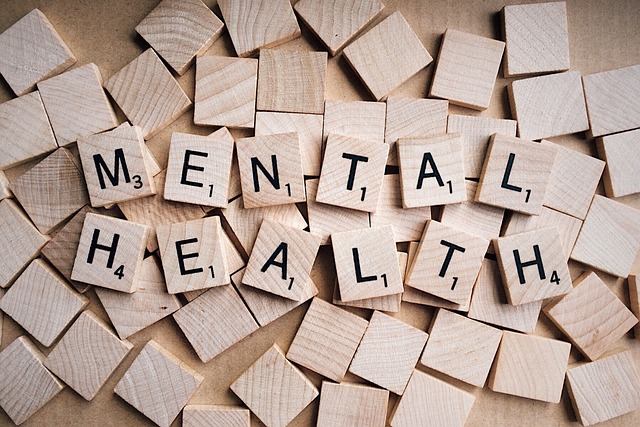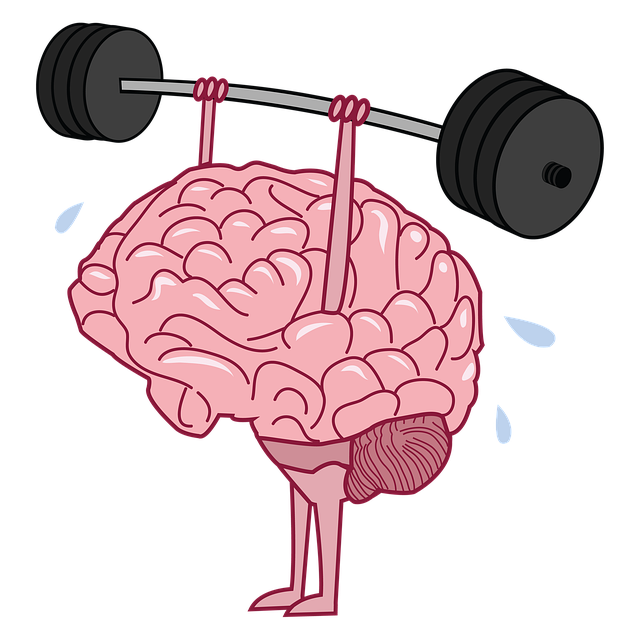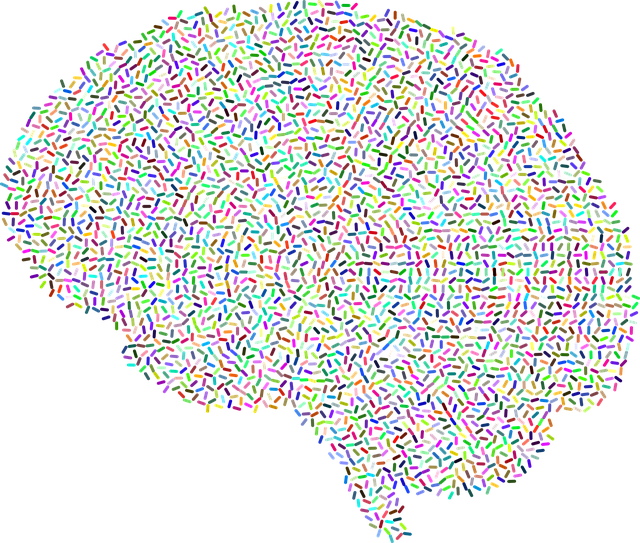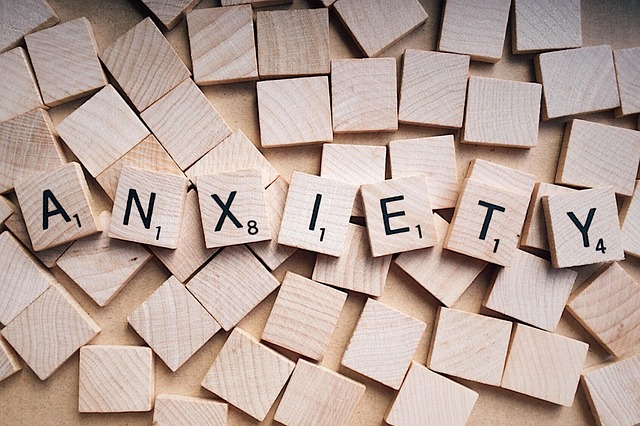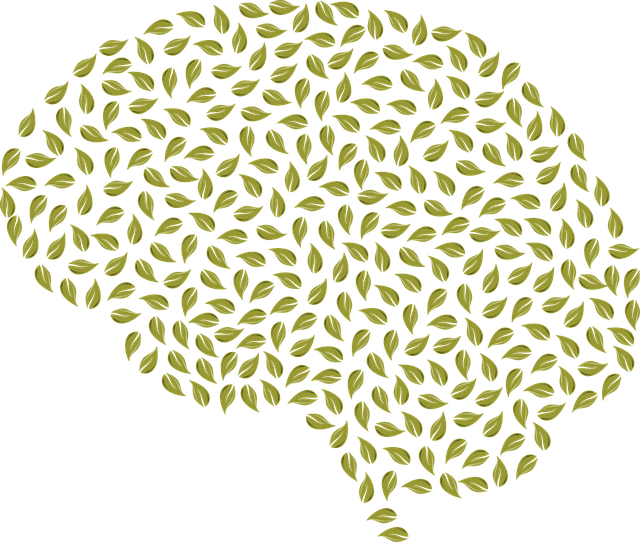Young adults face significant stress from academic and career pressures, personal issues, and body image concerns. Effective management involves tailored therapy like Cognitive Behavioral Therapy (CBT) and digital tools like guided meditations. Bariatric evaluations go beyond physical health by addressing co-morbid mental health conditions, offering specialized support groups, and trauma services for holistic care. Integrating mindfulness practices, bariatric insights, and community connections equips young adults with stress reduction strategies for improved well-being and resilience.
Stress reduction is a vital aspect of holistic wellness, especially for young adults navigating demanding lifestyles. This article delves into effective strategies, focusing on therapy options tailored for youth and exploring the intersection of bariatric evaluations with mental health. We uncover innovative approaches that integrate wellness, offering long-term solutions to manage stress. From traditional therapies to emerging holistic practices, these methods empower individuals to find balance, enhance well-being, and embrace a more resilient lifestyle.
- Unwinding Stress: Exploring Effective Therapy Options for Young Adults
- Beyond Weight: Understanding Bariatric Evaluations and Mental Health
- Integrating Wellness: Holistic Approaches to Long-Term Stress Reduction
Unwinding Stress: Exploring Effective Therapy Options for Young Adults

Stress is a prevalent issue among young adults, often stemming from academic pressures, career aspirations, and personal challenges. Unwinding and managing this stress effectively is crucial for their overall well-being. Exploring various therapy options tailored for this demographic can significantly contribute to their mental health journey. Cognitive Behavioral Therapy (CBT), for instance, has proven effective in helping young adults identify and change negative thought patterns, thereby reducing stress levels.
One innovative approach that combines traditional therapy with modern techniques is the integration of digital tools and online platforms. These platforms offer accessible resources, such as guided meditations and mindfulness exercises, which can complement in-person therapy sessions. Additionally, bariatric evaluations, focusing on lifestyle changes and nutritional guidance, can be valuable for managing stress related to body image and health concerns. Encouraging positive thinking and providing a safe space for self-reflection are key components of successful therapy for young adults, as supported by recent Mental Health Policy Analysis and Advocacy initiatives that emphasize the importance of early intervention.
Beyond Weight: Understanding Bariatric Evaluations and Mental Health

For many young adults struggling with obesity, bariatric evaluations are more than just a physical assessment; they often serve as a gateway to improved mental health and overall well-being. Beyond the initial focus on weight loss, these evaluations play a crucial role in identifying co-morbid conditions, such as depression or anxiety, which are prevalent among individuals seeking bariatric surgery. By addressing these mental health concerns through specialized therapy for young adults, support groups, and community outreach programs, healthcare providers can enhance the patient’s journey towards better physical health.
The integration of trauma support services within these evaluations is gaining traction in public awareness campaigns focused on development. Recognizing that obesity can be a coping mechanism for past traumas, therapists are now equipped to provide tailored care. This holistic approach ensures that young adults receiving bariatric treatments not only achieve their weight loss goals but also receive the mental health support necessary for sustainable success.
Integrating Wellness: Holistic Approaches to Long-Term Stress Reduction

Stress reduction goes beyond momentary fixes; it’s about integrating wellness into daily life for long-term resilience. Holistic approaches, often neglected in traditional therapy for young adults, offer powerful tools. This includes activities like mindfulness meditation, yoga, and nature walks, which have been shown to significantly reduce anxiety and enhance overall well-being. By incorporating these practices, individuals can develop coping skills that extend far beyond a single session or evaluation.
A key component of this integration is recognizing the interconnection between physical and mental health. Bariatric evaluations, for instance, can shed light on dietary patterns contributing to stress levels. Community outreach program implementation can facilitate group support networks, providing social connections crucial for anxiety relief. Ultimately, these comprehensive strategies empower individuals to take charge of their stress management, fostering a sense of control and empowerment in navigating life’s challenges.
In conclusion, managing stress effectively is a multifaceted journey that requires personalized approaches. From exploring therapy options tailored for young adults to understanding the mental health implications of bariatric evaluations, these strategies offer valuable tools for long-term wellness. By integrating holistic practices, individuals can achieve lasting stress reduction and cultivate a healthier, more balanced lifestyle.


